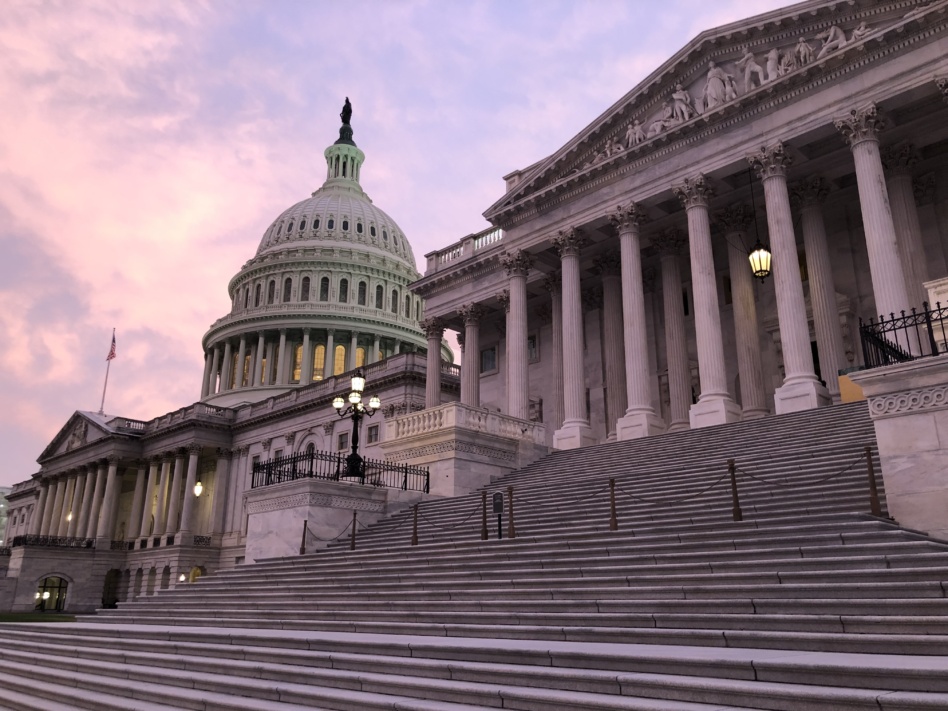Lawmakers will meet tomorrow morning to debate the future priorities of NASA in the form of a new authorization bill for the agency.
“It’s been far too long since the last comprehensive NASA authorization and we’re overdue for Congressional guidance and direction,” Rep. Frank Lucas (R-OK), the chair of the House Science, Space, and Technology Committee, told Payload in a statement, adding that his top priorities in the markup include the Moon to Mars pipeline, operations in LEO after the ISS, and balancing the science portfolio.
How we got here: Some agencies get a yearly authorization bill, such as the DoD and the NDAA’s 50+ year streak of annual passage, but Congress hasn’t approved a standalone authorization for the space agency since 2017. More recently, a pared down version of the NASA reauthorization bill was attached to the CHIPS and Science Act that became law in 2022.
The 2022 authorization reaffirmed several of the agency’s top priorities, including:
- Supporting the Artemis missions as a stepping stone to future Mars missions
- Backing the SLS, including requiring NASA to fly two SLS missions per year
- Approving the effort to return Martian samples to Earth
- Promoting the agency’s mission to defend the planet from near-Earth objects
Civics 101: A quick reminder that authorization bills set policy, while appropriation bills actually dole out money to government agencies. Therefore, the bill lawmakers are considering Wednesday will set the agenda for NASA, but a separate process is playing out on the appropriations committees to fund those plans.
Ticking clock: Getting a new NASA authorization through Congress has been a top priority for Lucas, who previously told Polaris that it is critical for Congress to make sure policy catches up with the rapidly advancing tech and changing relationships in the space realm.
He said that his “timeline to get it done” was before the end of this Congress, which will expire at the end of December. Any legislation left over at that point will need to start over in the next Congress, including re-introducing the bill and holding any hearings.
The end of 2024 may seem far away, but it’s rapidly approaching in Congress years. The House is expected to be in session for only 43 days before the end of the year, with lawmakers taking month-long breaks in August and October ahead of the November election. And during lawmakers’ limited time in DC, floor time is likely to be dominated by other top-priority bills, including funding the government beyond the end of the fiscal year.
Hot button: Some of the top points of discussion during the markup are likely to center on:
- Mars Sample Return: Since the 2022 bill affirmed Congress’ commitment to the program, lawmakers have slashed budgets and both the cost and timeline projections for the mission have ballooned. NASA is now looking to industry for help getting vials of Martian regolith back to Earth.
- Artemis: The Moon return mission has broad bipartisan support, but lawmakers are likely to take a keen interest in keeping the flights on schedule and avoiding any major delays.




